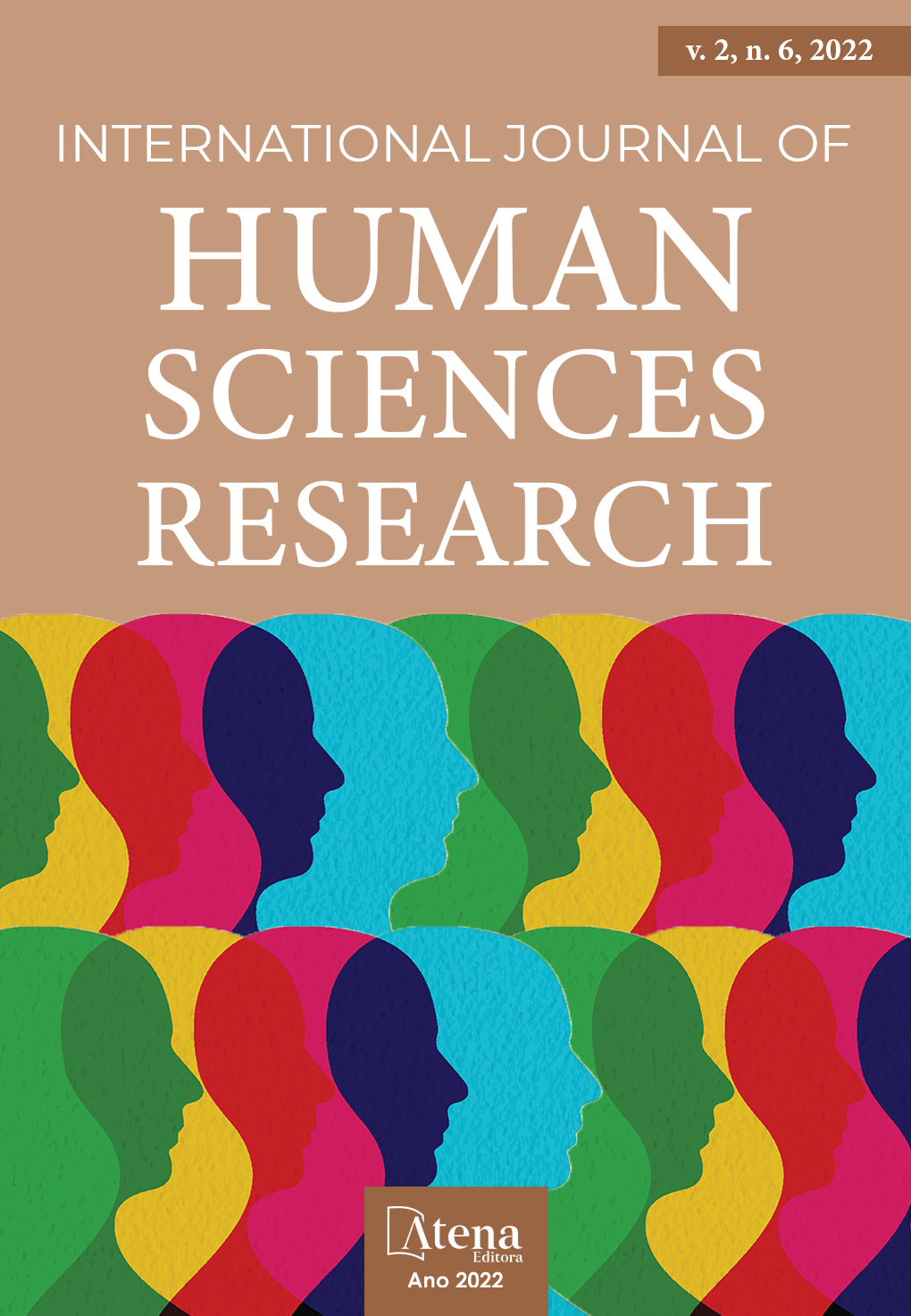
FORMS OF FEMALE PARTICIPATION IN THE CONSTRUCTION OF PUBLIC POLICIES ON WOMEN'S HEALTH IN BRAZIL AND IN THE WORLD
Health is an internationally recognized human right in various treaties and in the Universal Declaration of Human Rights. In Brazil, health is a duty of the State and is organized in a system formed by a regionalized and hierarchical network in which community participation is a requirement imposed by the Constitution and regulated by Law 8142/90. This participation occurs mainly through the health councils: permanent collegiate bodies that work in the formulation and control of the execution of health policies and are formed by health professionals, users, government agencies and service providers. Recently, the participation of women in councils has become a goal of the National Health Council, as they are the majority of the population and the main users of the health system, but women's health policies do not adequately meet important needs. In this exploratory study of literature review, we will carry out a theorization based on the analysis of qualitative data on how the participation of women in councils impacts on the definition of women's health policies and on the norms on the availability and accessibility of services and supplies, in particular, regarding reproductive freedom, termination of pregnancy, intimate and sexual health, contraceptive measures and combating gender-based violence, and we will carry out a comparative study on how women in other countries organize themselves to participate in the definition of women's health policies.
FORMS OF FEMALE PARTICIPATION IN THE CONSTRUCTION OF PUBLIC POLICIES ON WOMEN'S HEALTH IN BRAZIL AND IN THE WORLD
-
DOI: 10.22533/at.ed.558262210033
-
Palavras-chave: Popular participation; Health Councils; Public policy; Women's Health; International right.
-
Keywords: Popular participation; Health Councils; Public policy; Women's Health; International right.
-
Abstract:
Health is an internationally recognized human right in various treaties and in the Universal Declaration of Human Rights. In Brazil, health is a duty of the State and is organized in a system formed by a regionalized and hierarchical network in which community participation is a requirement imposed by the Constitution and regulated by Law 8142/90. This participation occurs mainly through the health councils: permanent collegiate bodies that work in the formulation and control of the execution of health policies and are formed by health professionals, users, government agencies and service providers. Recently, the participation of women in councils has become a goal of the National Health Council, as they are the majority of the population and the main users of the health system, but women's health policies do not adequately meet important needs. In this exploratory study of literature review, we will carry out a theorization based on the analysis of qualitative data on how the participation of women in councils impacts on the definition of women's health policies and on the norms on the availability and accessibility of services and supplies, in particular, regarding reproductive freedom, termination of pregnancy, intimate and sexual health, contraceptive measures and combating gender-based violence, and we will carry out a comparative study on how women in other countries organize themselves to participate in the definition of women's health policies.
-
Número de páginas: 15
- Roberto Vinícius Silva Saraiva
- Evania Romanosky
- Aline Eggers


